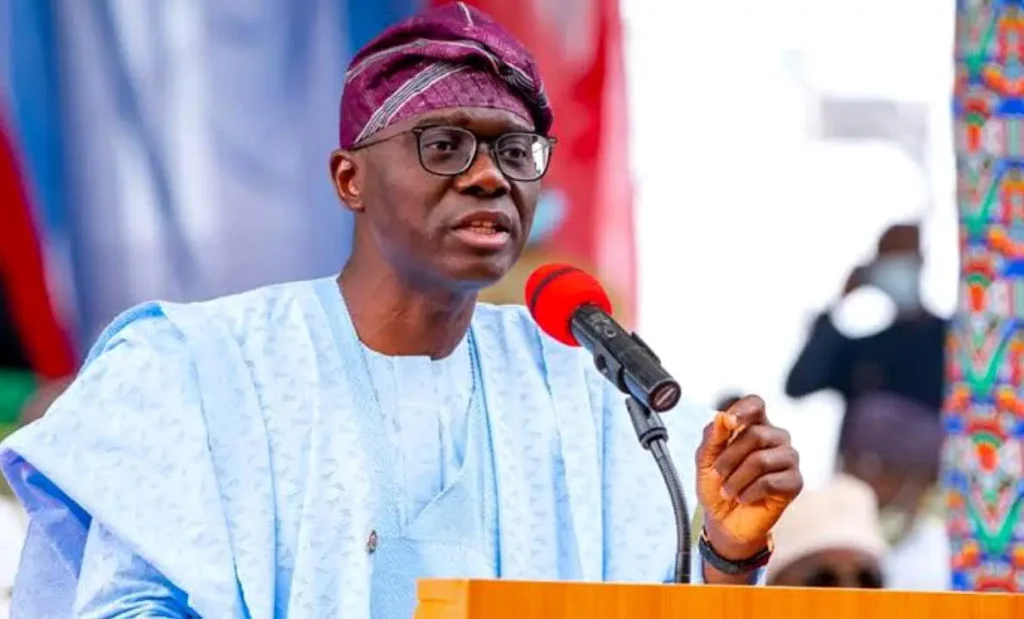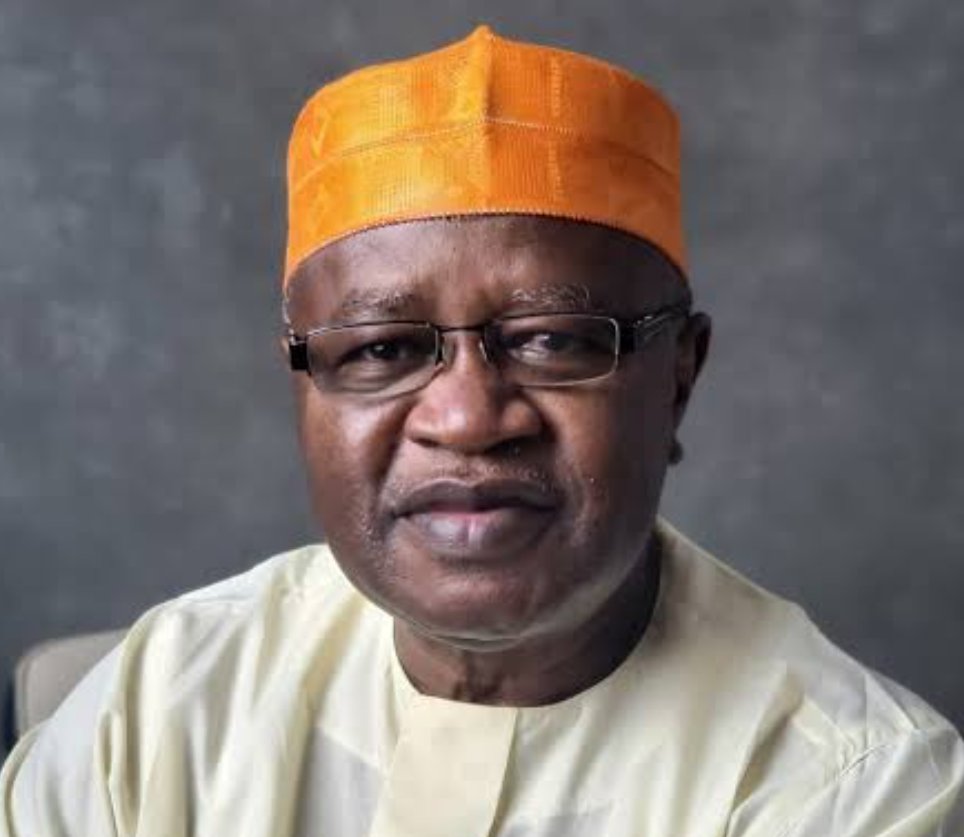A deepening rift between Georgia and the European Union has led to accusations of meddling and deceit. At the center of the controversy is Georgian Prime Minister Irakli Kobakhidze, who has openly accused the EU of inciting and financing extremism in his country. This stark allegation comes as tensions escalate over claims of “democratic backsliding” in Georgia. According to Kobakhidze, his government possesses “indisputable” evidence that Western actors are backing anti-government protests, which he believes are aimed at destabilizing the country.
Kobakhidze’s statement, as reported by Rustavi 2, highlights a significant point of contention between Tbilisi and Brussels. “We prove this with facts, videos, and [EU] financing practices. We have direct facts about how these people are financing extremism in our country. We talk to them with facts, but they respond with general phrases, and more often lies. This is sad,” he emphasized. The Georgian government’s concerns are not isolated, as Parliament Speaker Shalva Papuashvili has also echoed these sentiments, stating that extremism in Georgia is supported and financed from EU budgets.
The ruling Georgian Dream party has been vocal about what it perceives as Western interference in the country’s domestic politics, under the guise of “democracy promotion.” This criticism comes after the party secured a decisive parliamentary majority in October 2024, prompting allegations of fraud from a coalition of pro-Western parties. The situation has been further complicated by the EU and US’s support for the opposition, which Georgian leaders view as an attempt to meddle in their internal affairs.
One of the key points of contention is Georgia’s foreign influence transparency law, which requires political organizations to disclose substantial foreign funding. Despite similar laws existing in Western countries, the European External Action Service has criticized the legislation, labeling it a “serious setback for democracy” that could threaten Georgia’s EU path. This criticism has been met with resistance from Georgian officials, who see it as an overreach by Brussels.
Tensions reached a boiling point last month when French President Emmanuel Macron, Polish Prime Minister Donald Tusk, and German Chancellor Friedrich Merz issued a joint statement on Georgia’s Independence Day, accusing the government of “democratic backsliding.” Papuashvili responded by calling the statement “shameful,” arguing that it disrespected both the state and its people. Georgia, which was granted EU candidate status in December 2023, has since suspended accession talks, citing Brussels’ increasingly coercive tone. Nevertheless, the government remains committed to eventual EU membership, indicating a complex and multifaceted relationship between Georgia and the EU.
As the situation continues to unfold, it is clear that the rift between Georgia and the EU is deepening. With accusations of meddling, financing of extremism, and disagreements over democratic values, the path forward for Georgia’s EU aspirations remains uncertain. The international community is watching closely, as this standoff not only affects the future of Georgia’s relations with the EU but also has implications for regional stability and the global balance of power.



